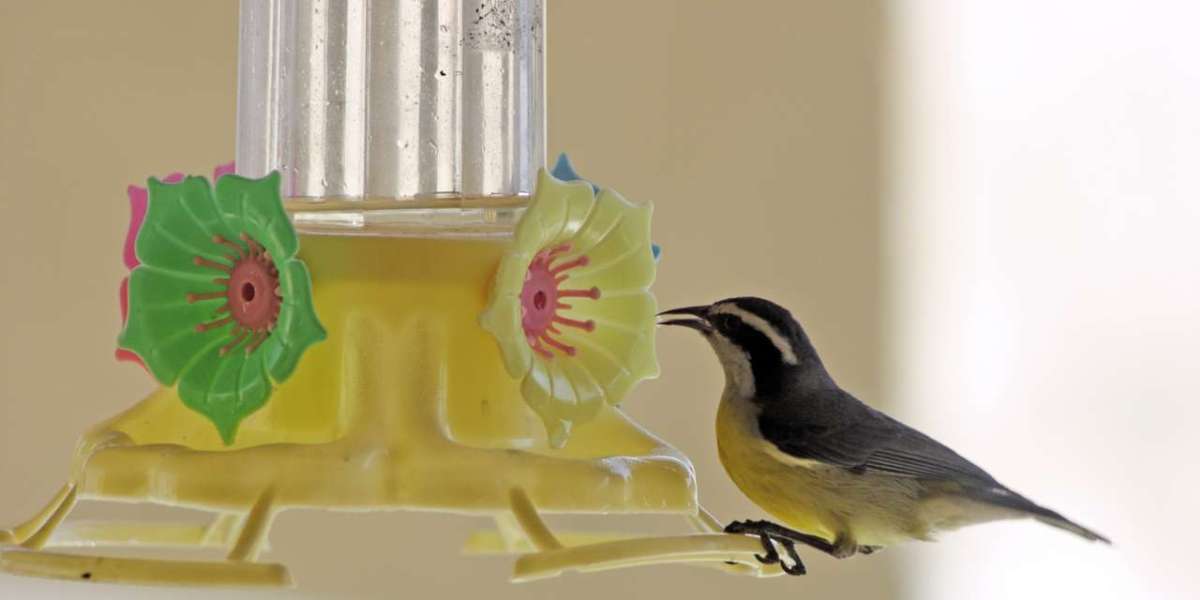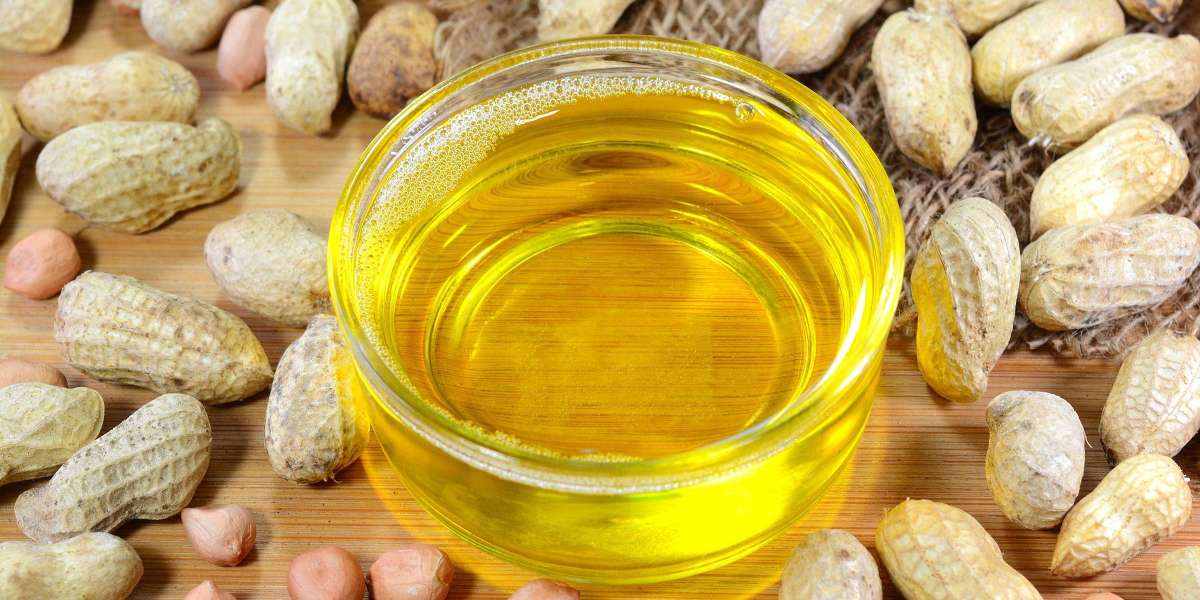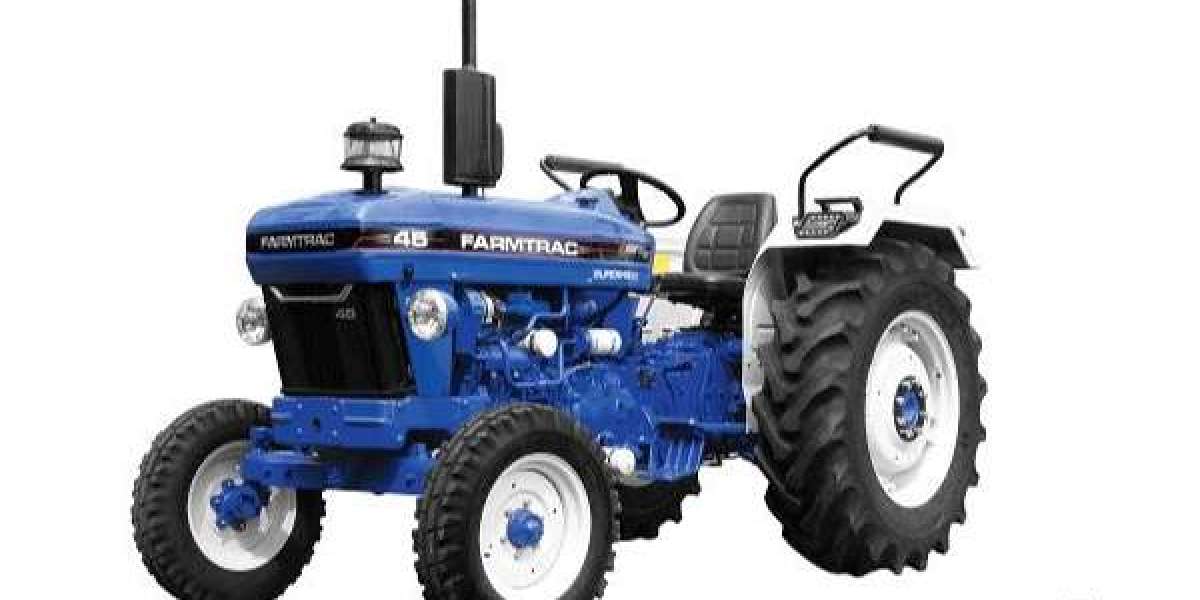Understanding Bird Feeders
Before you can choose a bird feeder, it's important to understand the different types available and what makes each special.
Types of Bird Feeders
Bird feeders come in various shapes and sizes, each designed with specific types of birds in mind. The main types include tube feeders, platform feeders, window feeders, and squirrel-proof feeders, among others.
Materials and Design Considerations
The durability of a bird feeder largely depends on its materials. Common materials include metal, plastic, ceramic, and wood. Each has its benefits and drawbacks concerning weather resistance, ease of cleaning, and attractiveness to birds.
Factors to Consider
Choosing the right bird feeder involves more than just picking a type. Location, local bird species, and maintenance needs all play crucial roles.
Location and Placement
The location of your bird feeder can determine which birds you'll attract. It should be placed where birds can easily see and access it, but safe from predators.
Type of Birds
Different birds have different feeding preferences. Knowing which birds frequent your area can help you choose a feeder that caters to their specific needs.
Feeder Durability and Maintenance
Opt for feeders that are easy to clean, fill, and are durable enough to withstand the elements and the local wildlife.
Types of Bird Feeders
Tube Feeders
These are great for small birds like finches and chickadees and can be hung from trees or stands.
Platform Feeders
Ideal for feeding a large variety of birds, these feeders can also serve larger birds that can't fit on a tube feeder.
Window Feeders
Attach directly to your window for close-up bird watching. They are perfect for those living in apartments or with limited garden space.
Squirrel-Proof Feeders
These feeders help keep squirrels out, ensuring that your bird feed isn't stolen by these persistent critters.
Decorative Feeders
Not only do these feeders serve the birds, but they also add to the aesthetic of your garden.
Choosing the Right Feeder
Matching the Feeder to Your Garden Aesthetic
The right feeder should complement your garden's design. Whether rustic or modern, there's a feeder to match every landscape.
Adjusting to Local Wildlife
Consider the wildlife in your area. If squirrels are common, a squirrel-proof feeder might be necessary.
Installation Tips
Best Practices for Feeder Installation
Location is key. Ensure the feeder is in a safe, sheltered location to protect birds from predators.
Maintenance and Care
Cleaning and Upkeep
Regular cleaning prevents the spread of diseases among birds. Ensure the feeder is easy to dismantle for a thorough clean.
Conclusion
Choosing the perfect bird feeder for your garden is about understanding the needs of both the birds and your own aesthetic preferences. By considering the types of birds you want to attract, the design of your garden, and how much maintenance you are willing to perform, you can find the ideal bird feeder that brings joy to both you and your feathered friends.
FAQs
- What is the best material for a bird feeder?
- How often should I clean my bird feeder?
- What should I do if squirrels keep raiding my bird feeder?
- Can bird feeders attract unwanted pests?
- What type of food should I put in my bird feeder?







